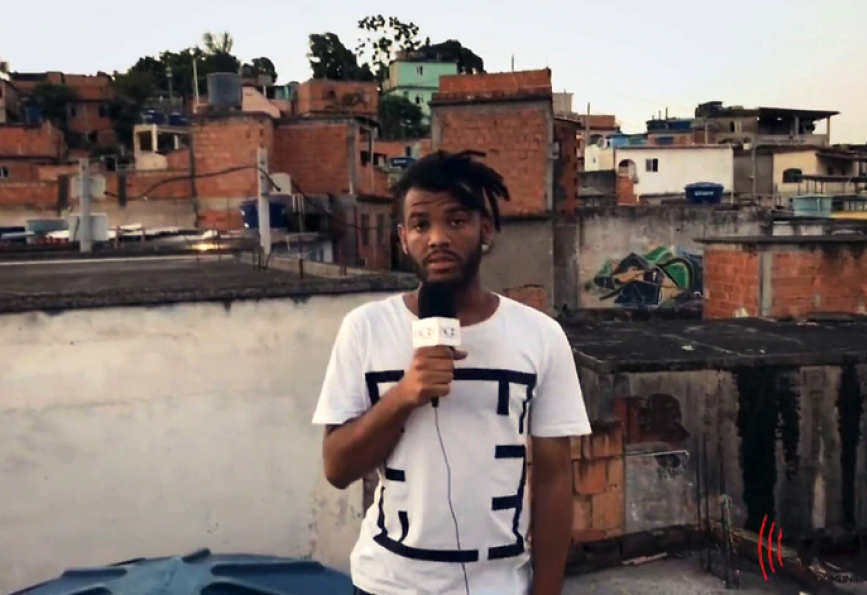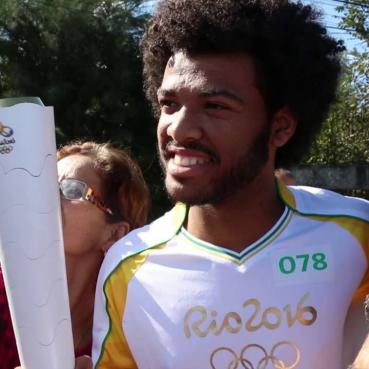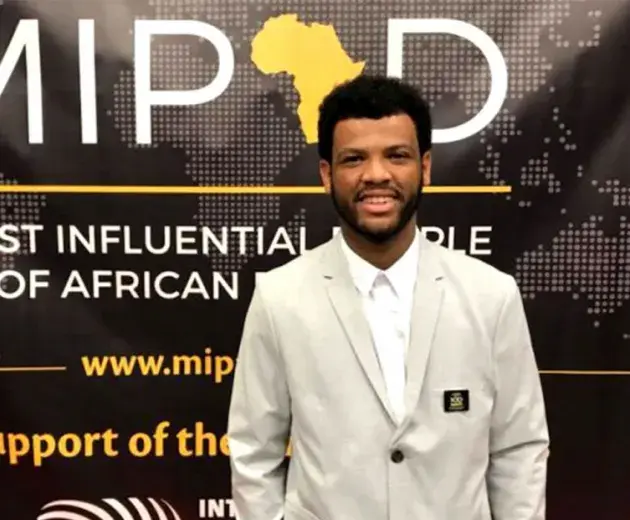
Published date: 12 Sep 2019
Rio de Janeiro is known as Cidade Maravilhosa (Marvellous City) and is famous for its beautiful beaches, spectacular mountains, samba-filled nightlife and lively football matches – as well as a large network of sprawling hillside favelas that can have a tough reputation.
Rene Silva, a community partner of the World Mosquito Program, lives in one of those favelas - Complexo do Alemão - and runs a grassroots newspaper called Voz da Comunidades (Community Voice). The Alemão, a conglomerate of towns known as favelas, spreads over several mountains in northern Rio. It is home to nearly 200,000 people, most of whom live in impoverished conditions.
Rene wanted to make a change in his community from a young age, so he started a newspaper and produced stories that traditional papers in the area were unable to report due to the difficulty in accessing the favelas. Rene was particularly successful in amplifying the reach of his newspaper using new technology, including social media.
Rene believes he can help his community through education, media and technology, and is a role model to young people throughout Brazil. Rene was recently named one of the 100 Most Influential People of African Descent, as part of the United Nations’ International Decade for People of African Descent.

The World Mosquito Program partners with local advocates like Rene and community organisations like Voz da Comunidades to help reach local communities and ensure they have the opportunity to make their voices heard and ask questions about our Wolbachia method.


